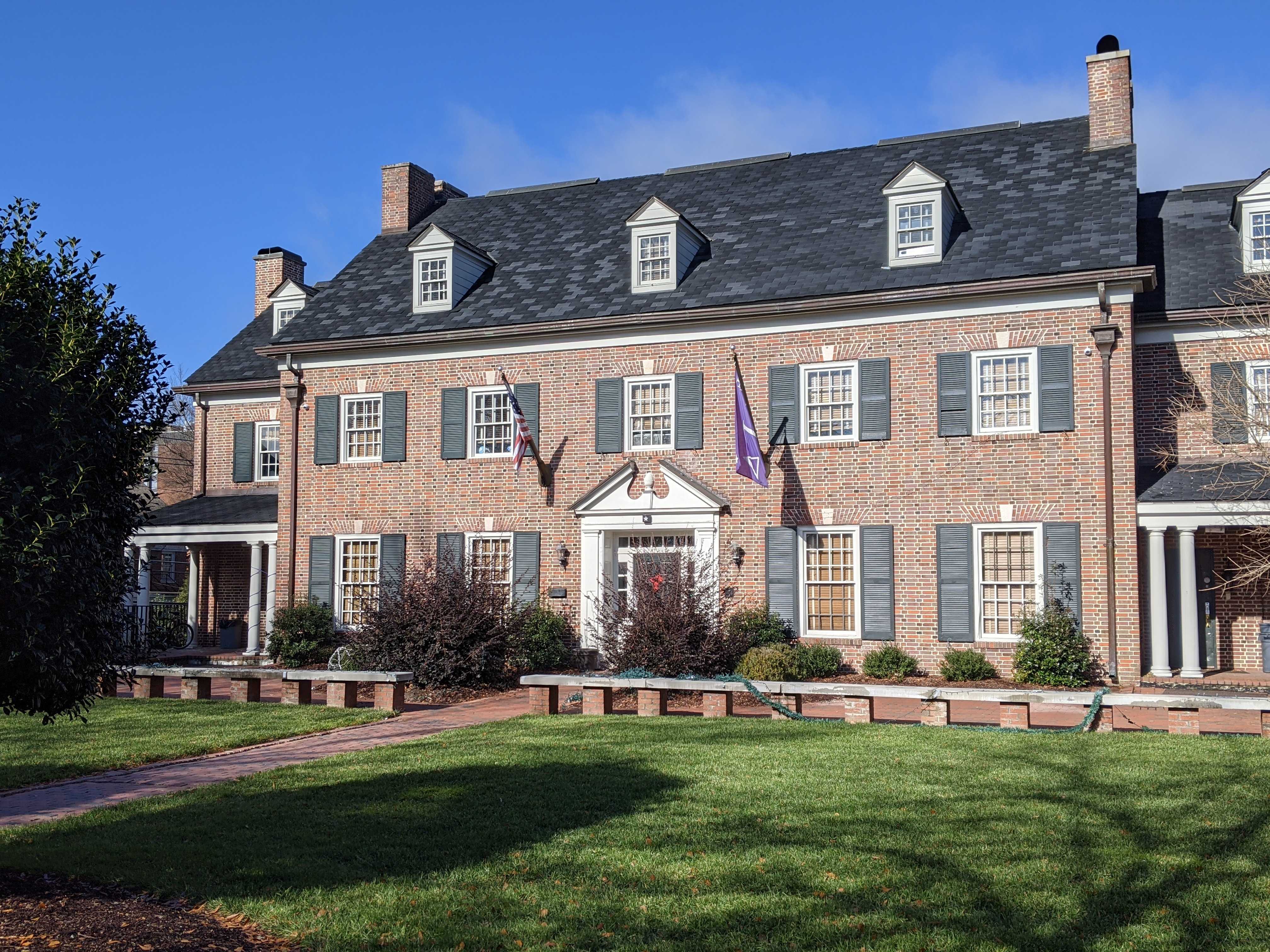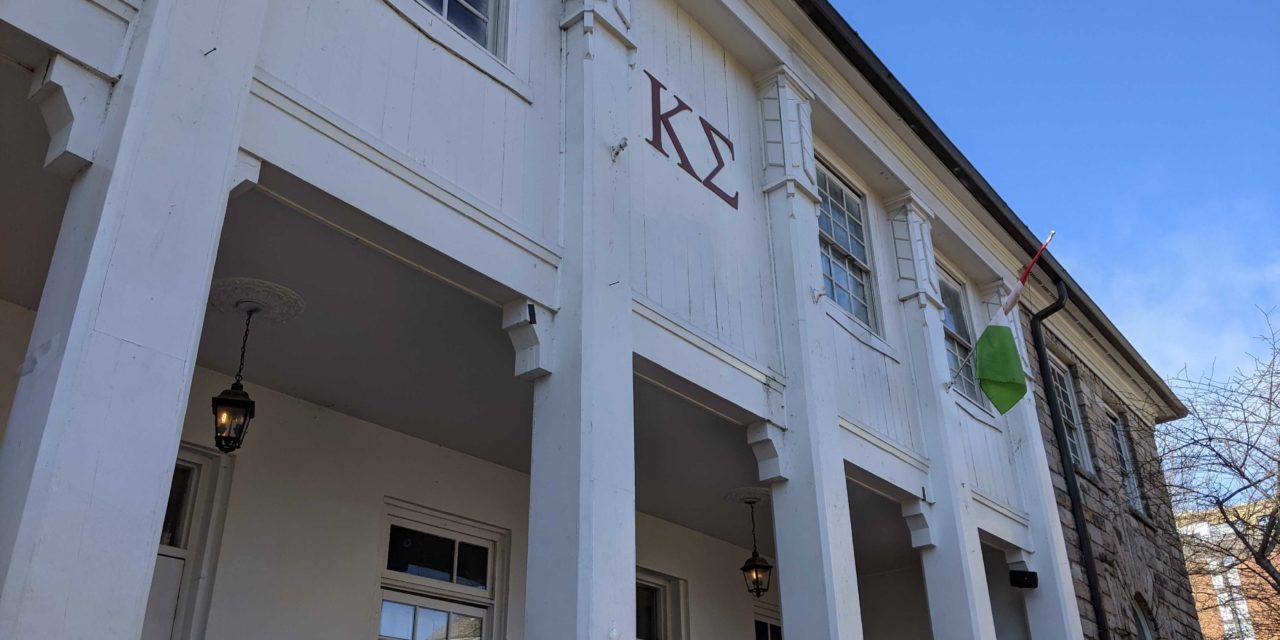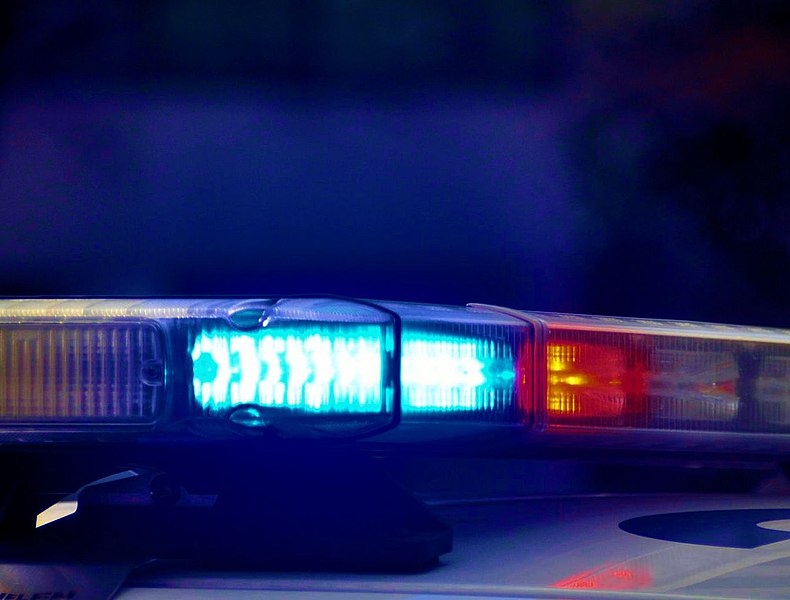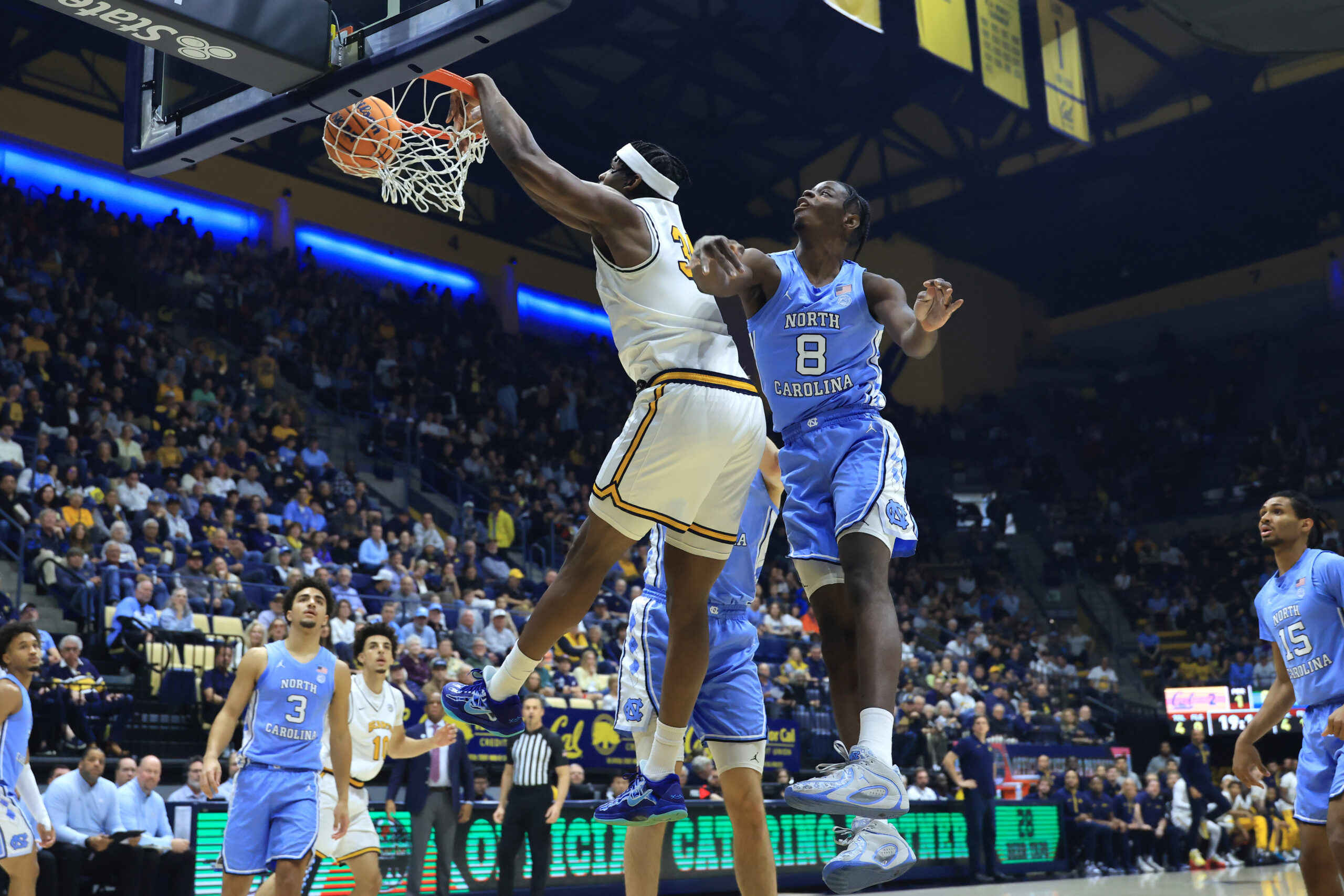UPDATE: UNC Chancellor Kevin Guskiewicz announced Friday, December 18, the university is suspending its recognition of the three fraternity chapters involved in the drug ring investigation.
Twenty-one people, mostly former and current college students, are facing federal charges as a result of a lengthy narcotics investigation involving several North Carolina universities. Defendants in cases levied by the federal government include students and fraternity members from UNC, Duke and Appalachian State.
The drug trafficking investigation was conducted by the Drug Enforcement Administration, or DEA, in conjunction with the Orange County Sheriff’s Office beginning in 2018. During the investigation, the DEA and sheriff’s office found several members of fraternities throughout the state were guilty of drug trafficking – with chapters at UNC acting as focal points of operations.
Martin says federal charges have been brought against 21 persons to date regarding a drug ring affected UNC, Duke and Appalachian State campuses. He says hundreds of kilos of cocaine, steroids and narcotics were moved over several years. pic.twitter.com/GpUPsg0nk7
— WCHL & Chapelboro (@WCHLChapelboro) December 17, 2020
Investigators found individuals were shipping in cocaine from California via the U.S. Postal Service and were transporting marijuana by motor vehicle. Francisco Javier Ochoa, 27, of Turlock, California is identified as one of the primary suppliers during the investigation. He was indicted in November 2019 for conspiracy to distribute five kilograms or more of cocaine and conspiracy to distribute 100 kilograms or more of marijuana.
According to documents filed in court, from March 2017 until March 2019, Ochoa supplied approximately 200 pounds of marijuana and two kilograms of cocaine weekly to a defendant in Orange County. Law enforcement operations in Carrboro and Hillsborough resulted in the seizure of more than 148 pounds of marijuana, 442 grams of cocaine, nearly 190 pills of Xanax and other drugs like steroids and human growth hormone.
U.S. Attorney for the Middle District of North Carolina Matthew Martin said Thursday these drugs made their way to university campuses largely through members of fraternities. In 2018, several fraternities on UNC’s campus were found to be trafficking cocaine, oxycodone hydrochloride and other illegal drugs in the area. Court filings to date specifically allege that illegal drug activity occurred at the UNC chapters of Phi Gamma Delta, Kappa Sigma and Beta Theta Pi between 2017 and Spring 2020.
“This is not a situation where you have single users,” Martin said at a press conference revealing the investigation and its charges. “These are 21 hardened drug dealers.”

The Phi Gamma Delta house on West Cameron Avenue is listed in court documents as a spot where one defendant routinely sold illegal drugs behind closed door and supplied other fraternity members.
The attorney’s office’s release said students from Duke University and Appalachian State University who also had connections through fraternity chapters then supplied some of these drugs to students on their respective campuses.
Officials estimate that the total drug proceeds exceed 1.5 million dollars.
Among the 21 people facing charges for conspiracy to distribute marijuana and to distribute cocaine, three Carrboro residents, three Chapel Hill residents, two Hillsborough residents and two Durham residents are listed. Martin said Thursday there’s a chance more indictments could be forthcoming in the ongoing operation.
Court documents displaying testimony of cooperating defendants depict a drug culture at the UNC chapters of three fraternities as pervasive. One account describes regularly supplying a Phi Gamma Delta member with cocaine, who would exclusively sell to fellow fraternity members with many transactions taking place within the Phi Gamma Delta house. The seller describes his entire fraternity pledge class buying cocaine for a spring break trip. Another defendant describes distributing several narcotics and cocaine to members of the Kappa Sigma fraternity, who would sometimes sell the drugs from their rooms and during fraternity functions.
Orange County Sheriff Charles Blackwood said he is thankful for the work of his deputies and the office’s partnership with the DEA to bring this case to light.
“The amount of illegal narcotics being sold and used in this case was not only astonishing,” said the sheriff. “It also reflected a very serious public health crisis. We worked this case in an effort to save lives. We also wanted to protect the integrity of the University of North Carolina and other institutions of higher learning.”
Martin echoed the need to prevent such cultures from being developed or perpetuated at universities.
“University administrators at Chapel Hill, Duke and App State cannot turn a blind eye any longer,” the district attorney said. “We’ve uncovered this, federal charges are pending, the investigation is ongoing. We cannot let this culture continue, we cannot brush it under the rug. I call on administrators, I call on the national chapters of these fraternities. Do something, take a stand, save lives.”
UNC Chancellor Kevin Guskiewicz released a statement Thursday following the press conference.
“We are extremely disappointed to learn of these alleged actions on our campus. The University is committed to working with law enforcement to fully understand the involvement of any university individuals or organizations so that disciplinary action can be taken. Although none of the individuals named today are currently enrolled students, we will remain vigilant and continue to work with our law enforcement partners to identify and address any illegal drug use on our campus. Our community can be certain that the University will enforce the student conduct code to the fullest extent possible.”
Of the 21 people currently facing charges, most carry a minimum of five to 10 years in prison, with some charges ranging from 40 years to life. Individual charges are determined based on the quantity of drugs moved. All defendants will be tried in federal courts located in Greensboro and Winston Salem.
Elle Kehres and Brighton McConnell contributed to this report.
Chapelboro.com does not charge subscription fees. You can support local journalism and our mission to serve the community. Contribute today – every single dollar matters.









